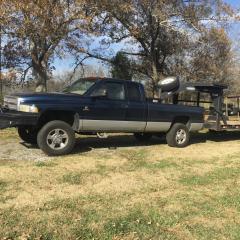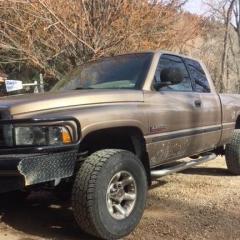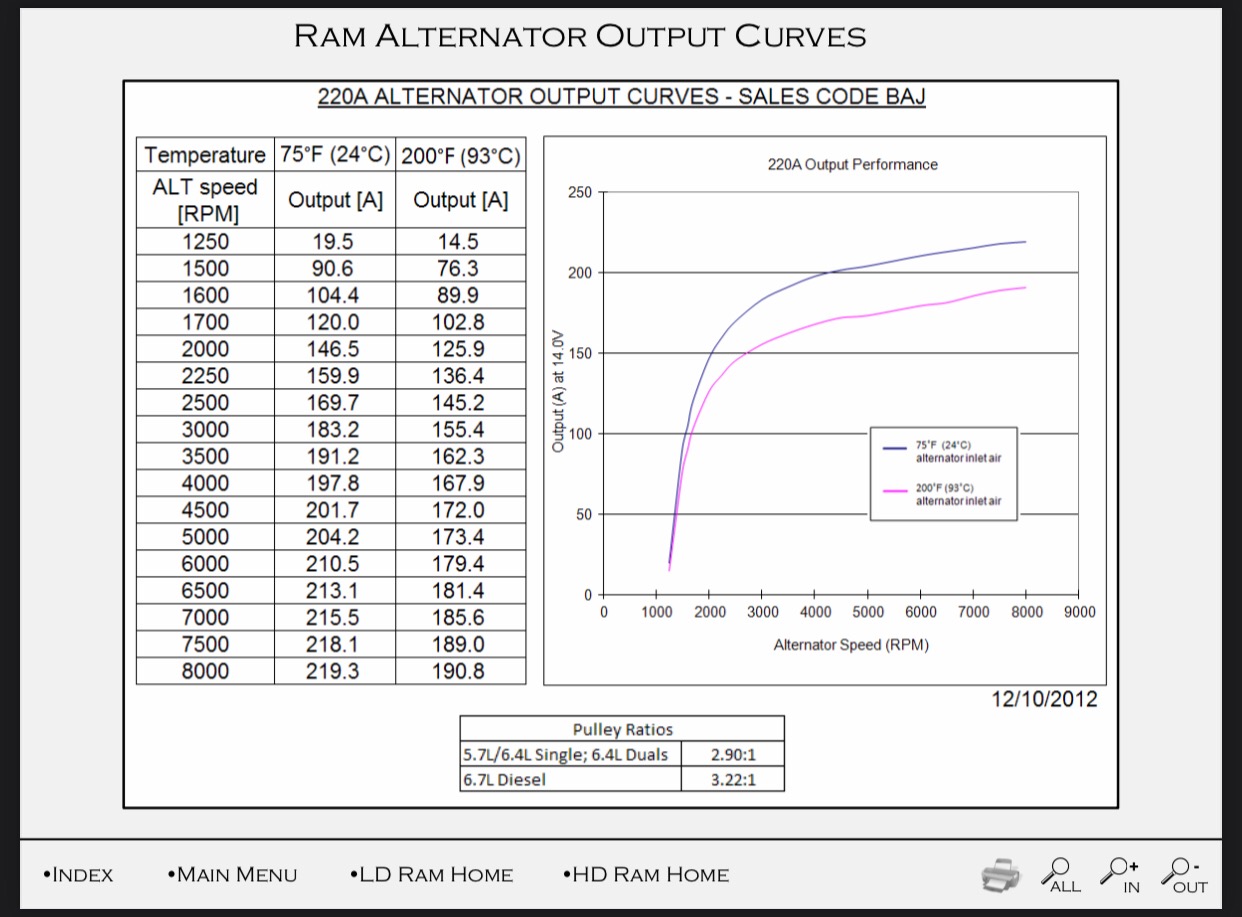- Replies 35
- Views 5.8k
- Created
- Last Reply
Top Posters In This Topic
-
AH64ID 9 posts
-
Andyba20 7 posts
-
Mopar1973Man 6 posts
-
01cummins4ever 3 posts
Popular Days
Most Popular Posts
-
I’ll just copy and paste this: Think of the battery as a bank. The more money you have in the bank the longer you can pay the bills. Think of the winch as your wife. She can really pull th
-
There is likely something else wrong with a truck blowing a 150A fuse on a 136A alternator. It may have occurred with a high amp draw but that just allowed the other failure to manifest.
-
I think you should try to isolate the winching battery from the alternator. When you start winching, it will pull amps from where it can get them. If for some stupid reason (or the batter








Thinking hard about replacing my 136 with a higher amp alternator, I’ve read a lot of good info on here, but seems like the last info I found was from 2018. Is there anything new I should check out for a good drop in replacement option with some more amperage? It snowed here in TN a few weeks ago on Christmas Eve, I spent the entire night winching tourists and holiday visitors from Florida out of ditches and creeks and one guys trout pond. Pretty sure the old 1981 Ramsey worm gear along with the 100W KC Halogens fried my diodes, figured I’d just upgrade it instead of replace.